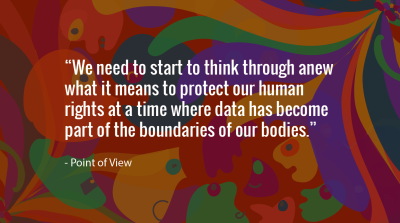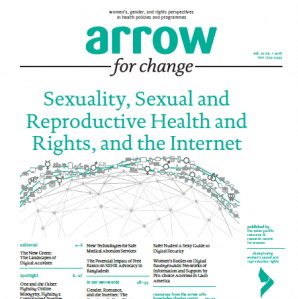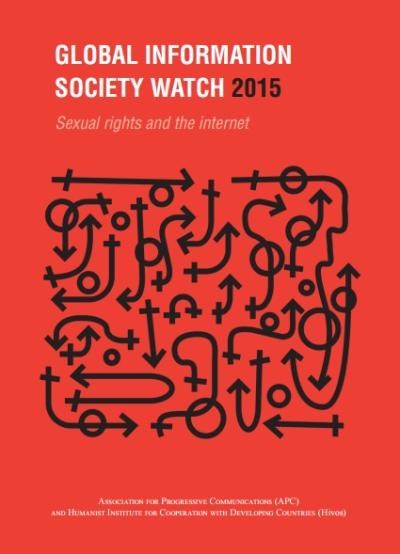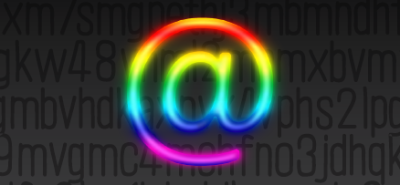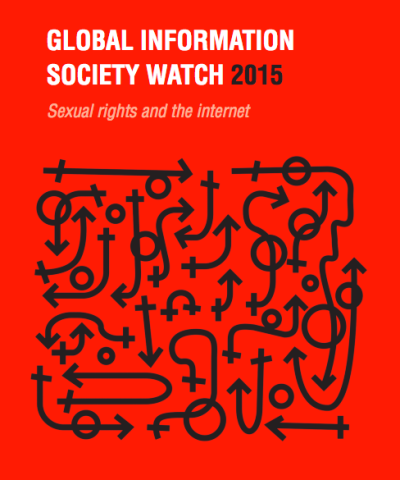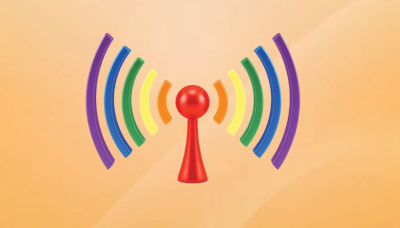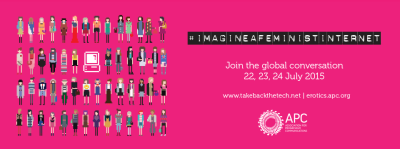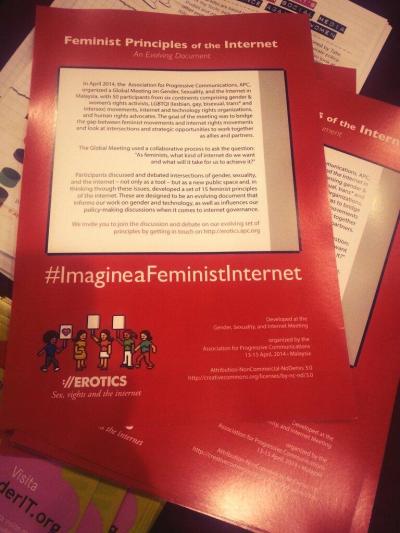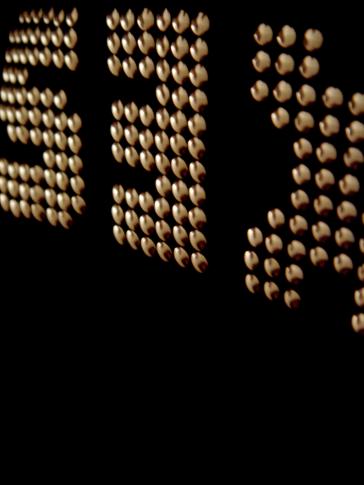
“On the one hand, the internet activists are not fully aware of sexual
rights. On the other hand, those who are working on the issue of sexual
rights are not knowledgeable on the issue of internet governance."
(Syaldi Sahude, ICT and Rights to Internet Activists,
Aliansi laki-laki baru/New Men Alliance)
Restricting free expression, free association and the free flow of information on the internet is increasingly a global trend, and its intensity and impact are especially great to activists working on sexual rights. Content regulation on the basis of sexuality, tagging critical sexual health information as “harmful”, and targeted violence on the basis of gender, sexuality, advocacy or beliefs are all issues that feminist and queer activists grapple with around the world. People who speak out against repression or advocate for human rights, gender and LGBTIQ issues risk their own freedom and safety and the banning of sites that promote their causes.
For sexual rights movements, technology has brought about new and exciting ways of organising. Firstly, using the internet to provide a safe medium of outreach and community building; secondly, as a platform to disseminate advocacy and education campaigns and build critical mass; thirdly, as a free space to express sexualities and document narratives of women’s and queer lived experiences.
In 2013, APC launched the Sexual Rights Project to respond to these concerns and is working closely with country partners in India, Indonesia, Turkey and South Africa to achieve objectives related to cross-movement building between internet rights and sexual rights. The overall goal of the project is to protect, promote and defend the rights of sexual rights activists and women human rights defenders (WHRDs) to use the internet to express themselves freely and associate with others in the course of their work.
This project builds from the learnings and recommendations of the APC initiative EROTICS: An exploratory research project into sexuality and the internet developed in two phases with partners from Brazil, Lebanon, India, Indonesia, South Africa and the USA.
These learnings include the difficulties experienced by sexual rights activists while using the internet, shared by respondents to a survey carried out by EROTICS, which clearly showed that while the internet has become a space for online threats and restrictions of activists’ work, it is also an indispensable tool for feminist and LGBTIQ advocacy.
The Sexual Rights Project also builds on the work that APC has developed since 2010 through the project Internet Rights Are Human Rights – Securing freedom of expression and association on the internet to support democratisation by strengthening capacity and networking among human rights defenders, which built on APC’s longstanding work including the Internet Rights Charter first written in 2001.
The “Internet Rights Are Human Rights” project had specific work areas such as research, monitoring and analysis; advocacy for internet rights and influencing policy; capacity building and support for women human rights defenders; and building sustainable networks of human rights defence advocates.
Project strategies
The overall strategy is to build stronger relationships between sexual rights and internet rights movements, to support and deepen existing research on sex and technology, to increase understanding of how sexual rights, internet freedoms and democratisation are connected, and to advance these across the internet rights ecosystem. APC is working with local partners in target countries to carry out monitoring, capacity building, advocacy and network building at country level, and, where appropriate, connect these activities with regional and global policy spaces. Our country partners are Point of View in India, Institut Pelangi Perempuan in Indonesia, Coalition of African Lesbians in South Africa, and Kaos GL in Turkey.
1. Research: Country partners are currently monitoring and researching violations of sexual rights within internet policy landscapes. The research component of the project also includes developing strategic assessment and cross-movement analysis, mapping current networks, relevant HR processes and mechanisms at the national, regional and global level, and hosting roundtables/dialogues about documenting, monitoring and advocacy on sexual rights, gender identity and internet freedom.
2. Capacity building: The project has developed three new modules for APC’s Internet Rights Are Human Rights Curriculum covering violence against women, Feminist Principles of the Internet, and sexuality in internet rights. It also provides for the organisation of capacity-building events in collaboration with country partners on engaging with human rights mechanisms and UN instruments and in-country networks to understand key intersectional themes between human rights, sexuality and the internet.
3. Networking and advocacy: The project contributes to building and strengthening networks of sexual rights and internet rights advocates in India, Indonesia, Turkey and South Africa, who are able to share expertise and collaboratively respond to situations of internet content regulations by fostering national networks and supporting the engagement and participation of activists in key global events like the Internet Governance Forum as well as UN bodies such as the Human Rights Council, the UN Commission on the Status of Women, the Committee on the Elimination of Discrimination against Women (CEDAW) and the Office of the High Commissioner for Human Rights.
Country partners
Four country partners will contribute to the overall project goals and objectives, and respond to country-specific contexts. They are:
-
Coalition of African Lesbians (South Africa)
-
Institut Pelangi Perempuan (Indonesia)
-
Kaos GL (Turkey)
-
Point of View (India)
You can follow their news and updates on their websites.
Image by Iko used under Creative Commons license.
